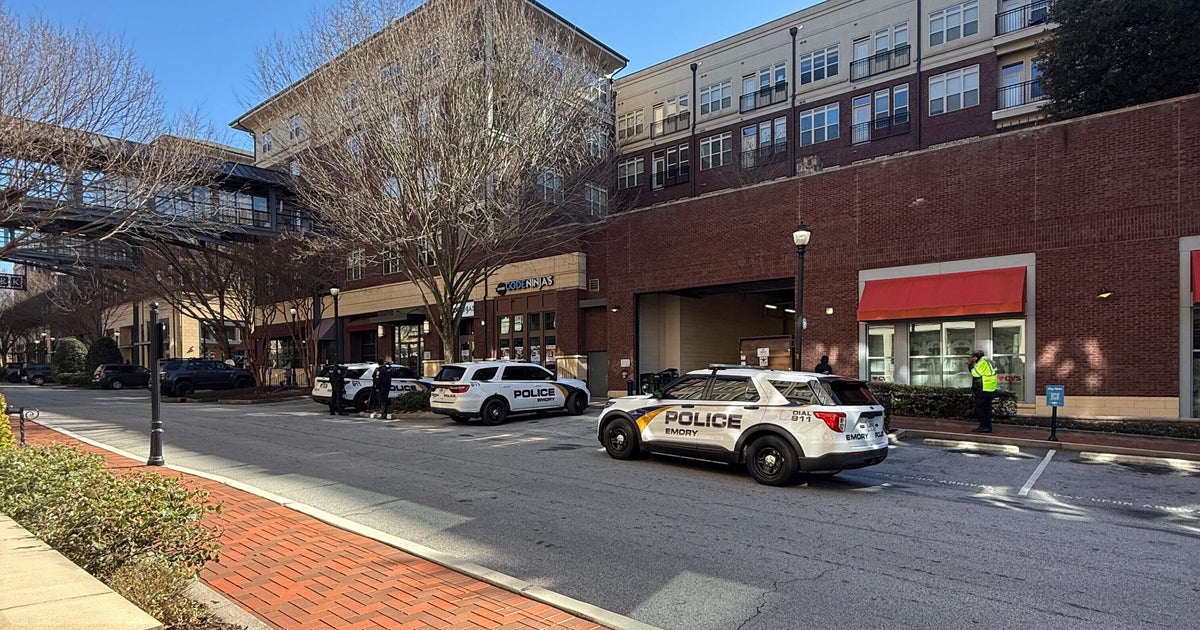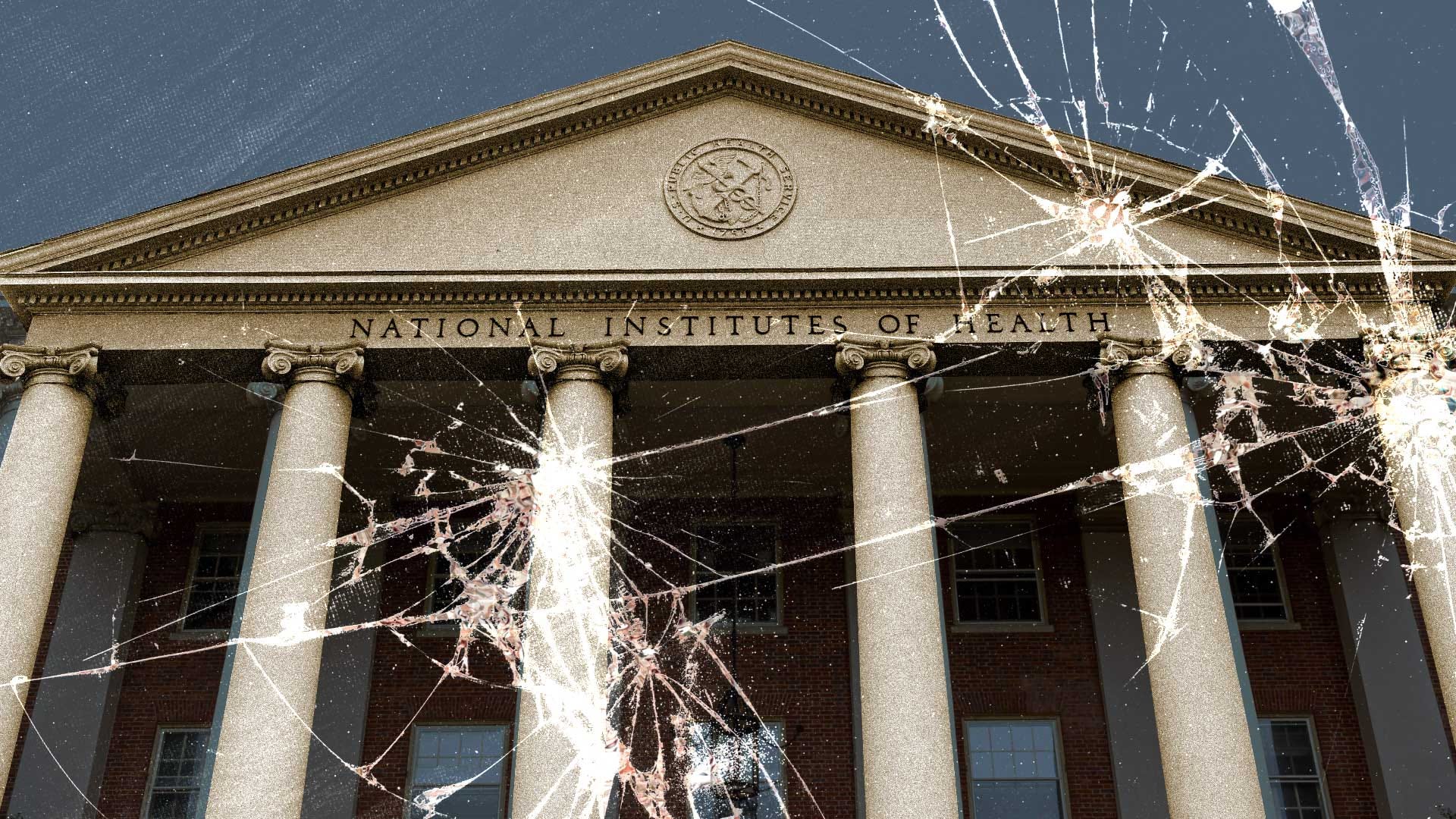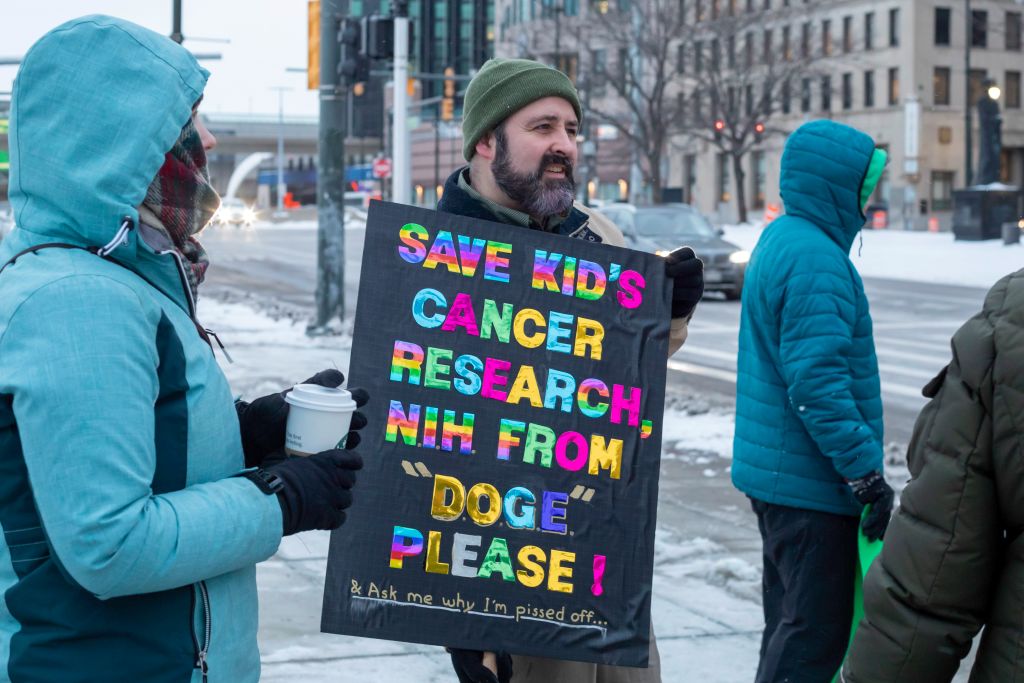States test at-home COVID-19 testing program
Federal health officials have sent thousands of at-home COVID-19 tests to residents in North Carolina and Tennessee as part of a larger study focused on how the coronavirus spreads.
The free testing kits, distributed by the Centers For Disease Control and Prevention and the National Institutes of Health, arrived earlier this month to Chattanooga, Tennessee, and Pitt County, North Carolina. Researchers at those agencies want to see if the spread of COVID-19 will be reduced if more people are given quick access to at-home testing.
The CDC said it wants to reach 160,000 residents across both states under its "Say Yes! COVID Test" program. In Greenville, North Carolina, community organizer Eveangel Savage said she is tapping local clergymen to help spread the word about the program.
"By reaching out to our churches, we have a greater reach for the citizenry in our county," Savage told CBS This Morning's lead national correspondent David Begnaud.
The Rev. Manuel Medina of Robersonville, North Carolina, volunteered to hand out at-home virus tests. Medina, who was hospitalized with COVID-19 last summer, told CBS This Morning that distributing testing kits is a personal mission for him.
"I understand what COVID is and how good these kits will be helpful for the families," Medina said.
Residents in selected areas who are interested in an at-home test kit can request one online at sayyescovidtest.org. From there, they can schedule a time for pickup or home delivery. Testing instructions, reminders and information on how to interpret test results can be found online through the site's free digital assistant tool, which is also available as a smartphone app.
Each kit contains 25 at-home tests developed by San Diego-based diagnostic company Quidel. The nasal swab tests will produce results within 10 minutes. Residents who receive the kits are expected to test themselves three times a week.
While more than 232 million Americans have received at least one dose of a COVID-19 vaccine, some 50,000 people per day are still testing positive for the virus, according to the CDC.





